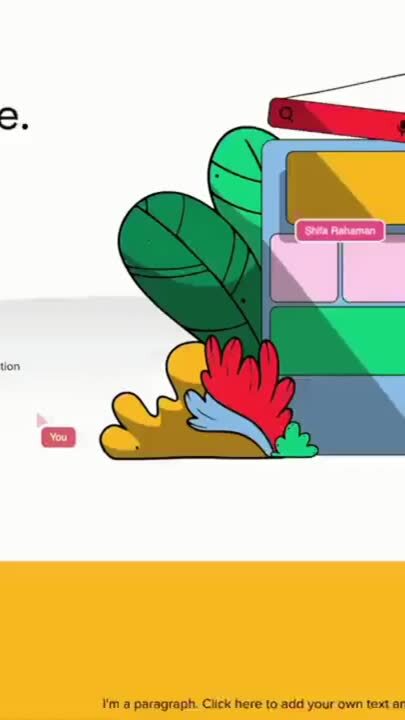Customer support agents work hard to keep customers satisfied and resolve their inquiries, but sometimes the scope of an inquiry exceeds the expertise or experience of a support agent. This is where ticket escalation can be especially useful — it's a way to ensure that all tickets get the attention they need and are assigned to an appropriate specialist who can address them quickly and successfully.
With the average company having 33.3 support agents and ten customer support departments, it's important to ensure that the right person handles tickets.
Whether you're just establishing your CX team or looking for ways to improve existing customer support processes, here's what you need to know about ticket escalation and best practices for managing it effectively.
What is ticket escalation?
Ticket escalation is the process of assigning a customer support ticket to a more experienced or specialized agent for resolution instead of having a support agent attempt to handle the issue themselves. This helps to maximize customer satisfaction, minimize wait times and keep customer support operations running smoothly.
For example, if a customer has a question about a product feature or needs help troubleshooting an issue, the support agent may not be able to answer it on their own. In this case, they can escalate the ticket to someone with more expertise or knowledge of the product who can handle the inquiry more quickly and successfully.
What does the ticket escalation process look like?
While there are many ticket escalation templates, one of the easiest ways to frame the process is to think of it in terms of a tiered system, with each level of the system escalating the ticket to a more experienced or specialized agent. We break down this support ticket escalation process below.

Tier 1
Tier 1 agents are the frontline support agents who are initially assigned tickets. These agents handle straightforward inquiries and use first-contact resolution techniques to resolve issues quickly and efficiently. They typically resolve basic customer inquiries like questions about product pricing, billing, and accounts, or simple product questions.
Tier 2
Tier 2 agents are considered more specialized agents, as they tend to handle more complex inquiries. These agents have a higher level of expertise and use deeper problem-solving techniques to troubleshoot customer service issues. For example, Tier 2 agents might be responsible for dealing with refunds, advanced product installation, and more complex billing issues.
Tier 3
Tier 3 agents are the most experienced and specialized agents, often with a wide range of expertise across multiple areas. These agents handle the most complex inquiries and tend to be subject matter experts who can provide insights on customer support issues that no other agent can. For example, if there was a complex issue that needed manager access or special permissions, it would go to a Tier 3 agent. They are also more likely to use technology like cobrowsing, session replays and console logs to solve customer issues.
Development/engineering team
The development or engineering team is the final tier of ticket escalation. This team, which usually consists of developers and engineers, can address technical issues that require in-depth coding knowledge or skills beyond what a customer service agent can provide. They're the last line of defense when it comes to resolving customer support issues, and they can also provide valuable feedback to help improve existing products or services.
When to escalate a ticket?
When it comes to ticket escalation, it's important to know when and how to do it. Here are some key indicators that a ticket should be escalated:
- If the issue is taking too long to resolve or exceeds the expertise of the current agent.
- If the customer support issue requires special permissions or access from a higher-level manager.
- If the support agent is unable to provide a satisfactory resolution to the customer.
- If the issue requires technical expertise beyond what a customer support agent can offer.
By understanding when and how to escalate tickets, you can ensure that customers get the help they need quickly and efficiently and that customer support operations run smoothly.
It may also be worthwhile to assign requests to higher-level support agents from the outset to speed up resolution times and minimize wait times, although this is not always possible if you don't have the full context of the customer's request.
How to leverage technology in your escalation processes
Modern customer service tools can help automate the ticket escalation process and reduce the amount of time it takes to get customers the help they need. For example, using session replays from Fullview allows anyone in the escalation process to have access to the same user session recordings so that no information is lost or misinterpreted. While many companies have used manual notes to diagnose the issue, your team will have the actual data and recordings needed to solve it.
Conclusion
Ticket escalation is an essential process for managing complex customer support inquiries and ensuring that all tickets get the attention they need. Establishing effective ticket escalation protocols can help ensure maximum customer satisfaction, minimize wait times, and keep customer support operations running smoothly.
With the right strategies in place, companies can leverage technology to create automated processes that make it easy to assign tickets to the right agent and ensure customer inquiries get resolved quickly and efficiently.



.png)
.svg)


.webp)

%201.svg)


-min.png)

